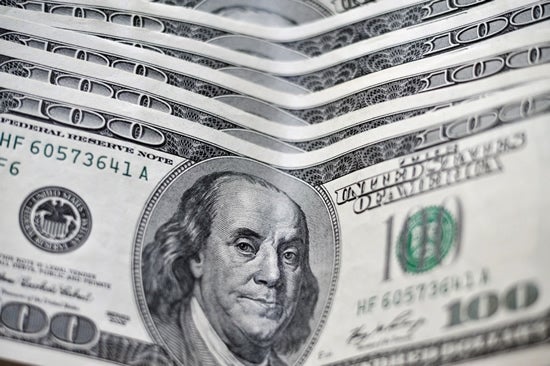The Fed’s Monetary Policy Matters, Too
Norbert Michel /
It’s easy to get distracted with news like the guessing game of who will replace Ben Bernanke. But the more important issue is: What is the U.S. doing with its monetary policy and why?
What we’ve learned about monetary policy since the Fed was created is surely more important than any one Fed chairman candidate’s political problems, but the inner workings of monetary policy have never really been much of a party starter. Though understandable, this lack of interest is most troubling, especially in light of recent statements by Bernanke such as that “the maximum level of employment in a given economy is largely determined by nonmonetary factors.”
Putting aside the very real question of the Fed’s policy effectiveness, the news has also been dominated by whether the Fed is cutting back (or “tapering”) its bond purchases too soon. Conventional thinking on monetary policy holds that tapering too soon will slow down the economy before the recovery really takes hold.
To implement its discretionary monetary policy, the Fed essentially plays the game of trying to time economic activity. In other words, it tries to buy bonds to boost the economy (but not for too long) and then sell bonds to slow it down (but not too soon). Timing things wrong could send the economy into a recession or cause inflation.
Although trying to time the economy this way might seem a bit odd, especially given comments like Bernanke’s, it really is the essence of an active monetary policy. Given the Fed’s recent track record in failing to predict a major financial crisis/recession, we should all start to pay a little more attention to monetary policy.
In fact, maybe it’s time for Congress to formally review the Fed’s monetary policy. A great place to start would be Congressman Kevin Brady’s (R–TX) Centennial Monetary Commission Act of 2013 (H.R. 1176). This bipartisan bill has 25 cosponsors and would simply “establish a commission to examine the United States monetary policy, evaluate alternative monetary regimes, and recommend a course for monetary policy going forward.” Maybe Bernanke would like to sit on the commission?

